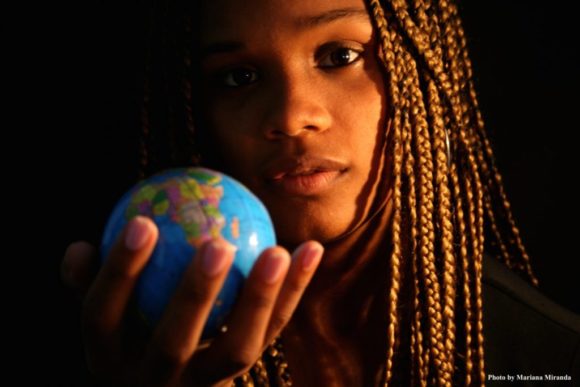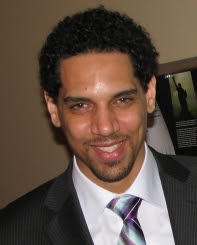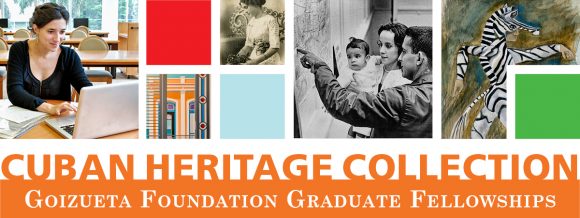The University of the West Indies
Cave Hill Campus, Barbados
June 28 – July 26, 2019
Application Deadline: 25 January 2019
The Caribbean Institute in Gender & Development: An Intensive Training Programme is the region’s premier gender and development training programme. The programme is now in its 13th cycle. It is hosted by the Institute for Gender & Development Studies: Nita Barrow Unit of the University of the West Indies.
Who is the Programme for?
The programme is for anyone working or interested in the field of social development. It will benefit persons interested in understanding the issues of gender and development within Caribbean societies, particularly practitioners within government and non-governmental institutions, community-based and service oriented organisations.
The programme focuses on the issues of gender and development within Caribbean Societies from a feminist perspective. It comprises a number of interdisciplinary modules offered at the undergraduate level.
Continue reading 13th Caribbean Institute in Gender and Development: An Intensive Training Programme










